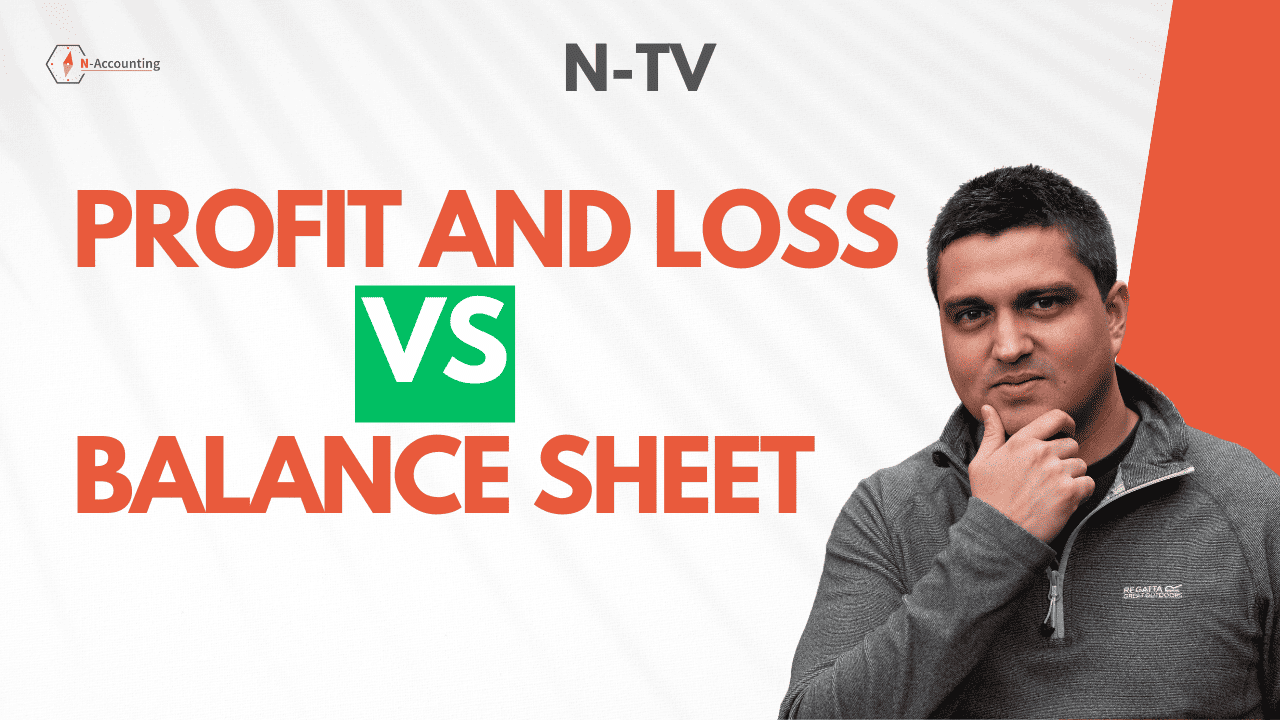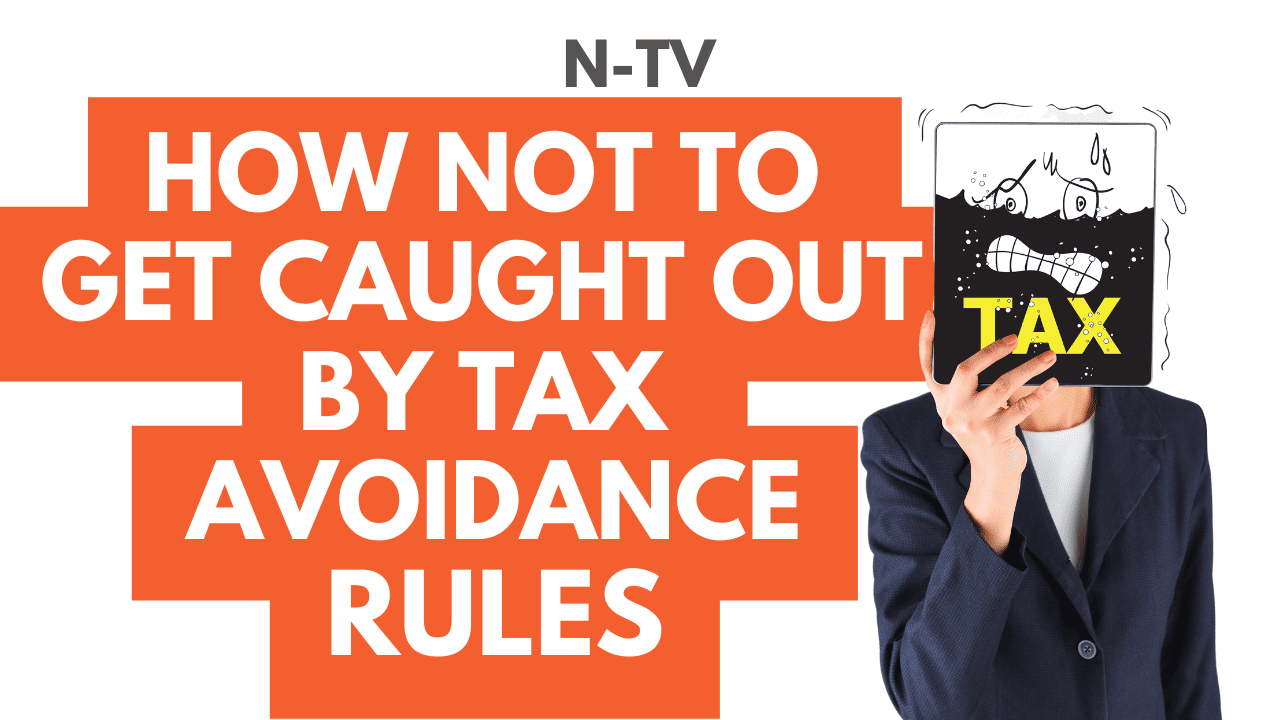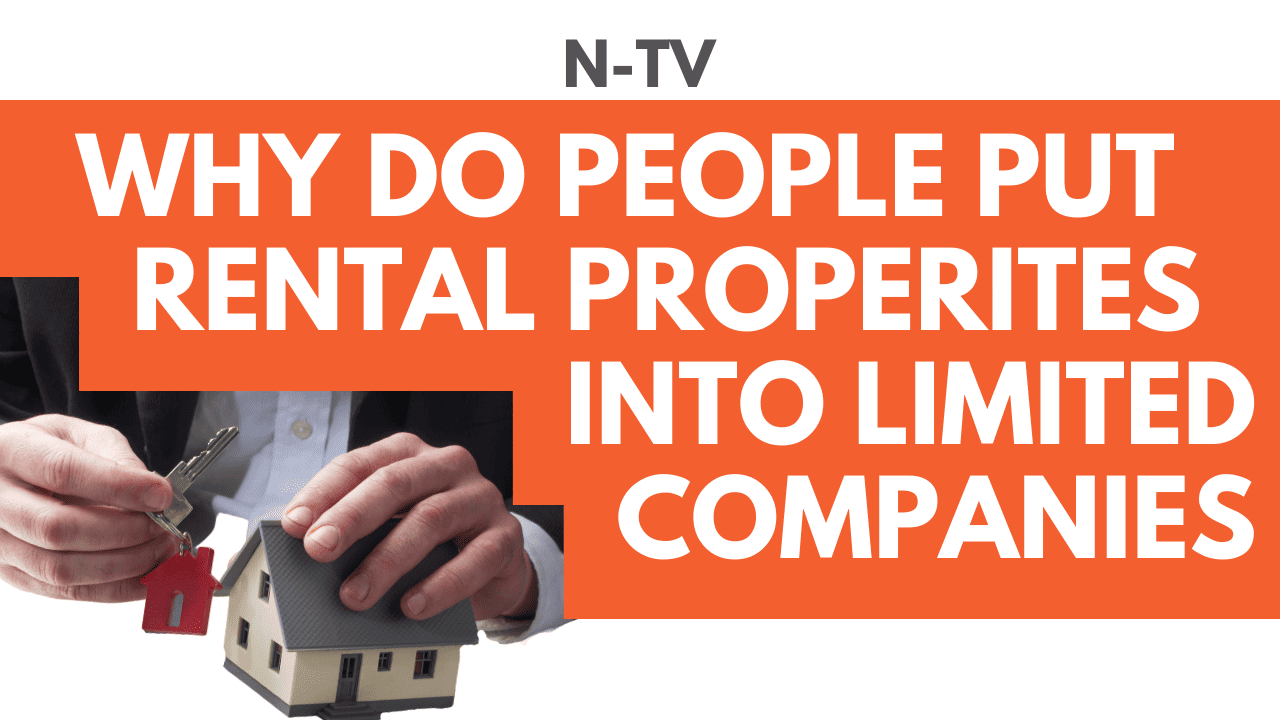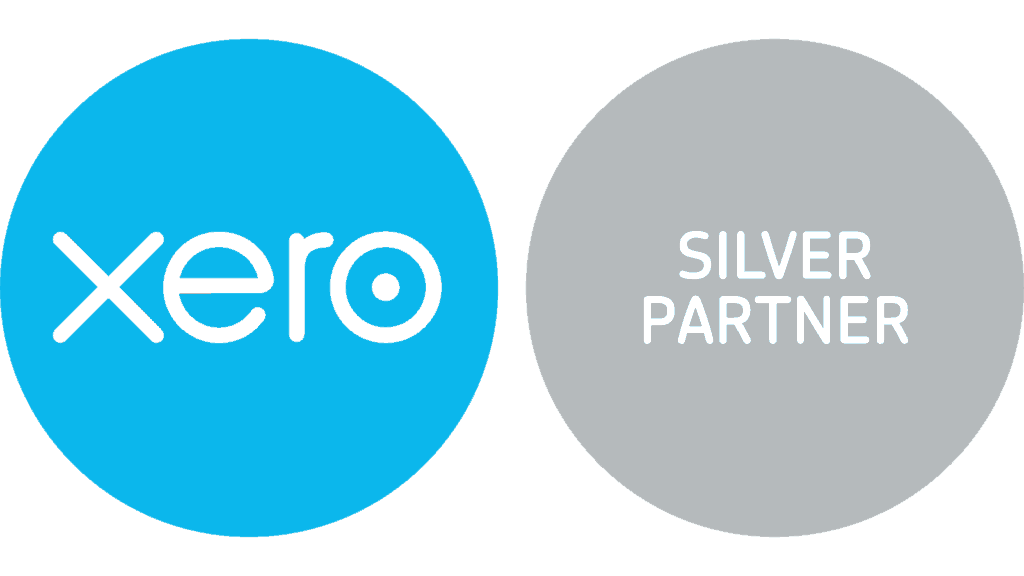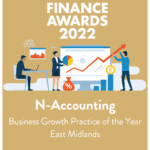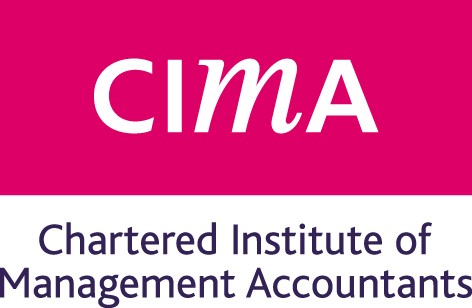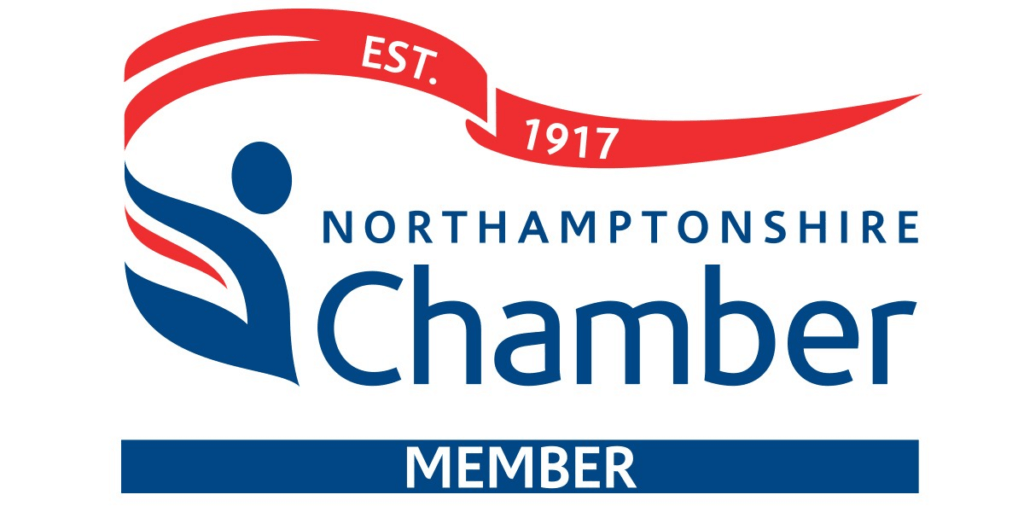Changes are brought by science and technology in all walks of life. In the last decade, these changes have been more rapid than ever before. Work places, work operations and job roles have also evolved with these technological advancements. This remains true for the field of accountancy and finance as well. As many professionals show resistance towards these changes and opt for more commonly used tools, the majority knows that adapting to new technology is the right thing to do for professional sustenance and growth.
If you are considering hiring small business accountants Northampton, there are a few things that you need to carefully evaluate before making the final decision. Due to the recent changes and resistance towards these changes by a number of accountancy professionals, the field is currently facing a significant skill shortage. Which means, not all accountants will be equipped with modern technical skills or be able to meet your business needs. Whilst the core skills remain uniform amongst all professionals in the field, accountants have various sets of advanced skills, software experiences and niches. You just need to pick and choose the one that matches your business requirements.
Challenges in hiring the right accountant for your business
According to the listings by The Bureau of Labour Statistics, due to the high demand of skilled professional, the employment rate of accountancy professionals is estimated to grow 11% by the year 2024 as compared to the year 2014.
A survey carried out by Accounting Today reveals that the right accountancy professionals are not only hard to find but also difficult to sustain. A similar research report by Robert Half revealed that 65% of CEOs face difficulty in finding the relevant candidates. Hays, recruitment consultants, also revealed that there is a significant shortage of ‘suitable’ accountancy candidates as reported by 76% of employers.
It is important to note that while all these stats indicate a skill and talent shortage, ‘relevant’ ‘suitable’ ‘right’ remain the keywords. This means that there might be ample accountancy professionals open to employment but all of them won’t be suitable for your specific business’s accountancy and finance needs. Robert Half, a recruitment firm in Australia, carried out a research that indicated that 89% of CEOs in the country have a difficult time recruiting trained accountancy talent because of the small number of professionals with the required skillset and/or expertise in a specific niche.
Moreover, whilst hiring accountants, businesses now look for value adding skills and experience beyond crunching numbers in applicants. Skills like effective communication and experience in understanding business dynamics. These skills are rare amongst accountancy professionals and will only be possessed by motivated individuals who are open to change. But it is important to evaluate an applicant for good communication and people skills to ensure that he/she would be a sustainable talent for your business even when/if technological changes keep occurring over the course of time.
Why do you need an accountant?
Whether you are starting a new business venture or your business is well into the consistent growth stage, hiring an accountant to manage your finances is always a good idea. However, the size and nature of your business can play an important role in choosing the right type of accountant for you. Finding just the perfect person to handle your business finances can be a little trickier than you think. This process can be simplified if you ask yourself a list of questions before publicising and accepting applications for the position. Questions such as;
- Do you want to hire an accountant with the core objective of “saving time”?
- Do you need day to day financial tracking for your business?
- Do you want someone to do taxes for you?
- Are you looking for someone who can ‘communicate numbers’ more effectively?
- Do you want an accountant with experience and exposure in your business industry?
- Are you looking for a qualified accountant or an experienced accountant or both?
Asking yourself these questions can help you communicate your company’s accountancy requirements that need to be fulfilled to the potential applicants/ candidates/ recruitment firms and ultimately, help you narrow down the pool of applicants towards a more relevant & suitable set of candidates.
If you are not yet ready to hire a full-time employee, you can employ an accountancy firm to manage your business finances. This can be a cost-effective solution for businesses that are not looking to expand their team anytime soon.
The number of clients handled by accountancy firms varies between 200 to thousands. Depending upon the number of clients a firm has, the style of service will vary. For Example; firms with bigger clientele are more likely to have an ‘institutional’ (reflective of the company’s policies) nature of communication. On the other hand, firms with a smaller number of clients are expected to have a more personalised nature of communication with their clients. To further simplify it, if you hope to have a designated contact person that you can reach every time you have a query, you should opt for a firm with a smaller clientele.
Looking for a new accountant?
GET IN TOUCHQualities to look for in an accountant;
- Qualification, experience, skills
While most of the accountancy firms have teams of qualified chartered accountants, you may come across unqualified experienced professionals during the recruiting process. If you are a small business, you might think that an experienced professional who might not necessarily be qualified, might be able to handle your business finances. However, a qualified professional is bound to have more knowledge, work experience and most importantly, code of ethics. They will also be more likely to keep their work knowledge updated and adapt to technological changes in order to stay relevant. Moreover, qualified professionals are regulated by their professional bodies and are also required to hold Professional Indemnity Insurance.
- Versatile skillset
Whilst hiring accountants, businesses need to look for value adding skills and experience beyond crunching numbers in applicants. Skills like effective communication and experience in understanding business dynamics. It is important to evaluate an applicant for good communication and people skills to ensure that he/she would be a sustainable talent for your business even when/if technological changes keep occurring over the course of time.
In case you are hiring an accountant for the first time who wouldn’t have relevant support within your team, you might want to hire someone who knows a bit of everything. Instead of hiring someone who specialises in a certain skill, it is advised to hire someone who knows all the basic skills like Financial Recordkeeping, Financial Advising, Payroll, Bill Payments and Handling Taxes.
- Understanding or past experience in the relevant industry
I have laid enough emphasis on finding someone with the ‘right skillset’. However, hiring someone with the relevant skill set and specialisation isn’t enough. It is really important for the accountant you hire to be familiar with your business industry. This familiarity can be evaluated through past experience in the relevant field.
Somebody who is aware of your business industry, its challenges and current needs, will be able to hand out more accurate advice for your business decisions and growth. Having a relevant background and experience is especially important when it comes to handling taxes. Someone who isn’t from your field might not be well aware of tax standards in your industry and might end up handing out irrelevant financial advice.
- Business partnering mindset
With the growing expectations of clients from the accountants, the role of accountants is now changing. Accountancy professionals are no longer isolated employees. Now that businesses expect not only financial reports and number handling from accountants but also financial advice and input in formulating better performing business strategies, it is important to evaluate accountants at the time of hiring based upon their people and communication and problem-solving skills.
Since we have already discussed the skill shortage, candidates with value adding skills beyond handling numbers have a better chance of sustaining their jobs.
- Communicating numbers
Almost all skilled accountancy professionals are great with numbers, making comprehensive reports, handling data and making eye-catching graphics and charts to represent data. However, data handling is complicated and isn’t exactly everyone’s cup of tea, therefore, it is important that an accountant is able to communicate data and its significance to you in an understandable way.
“As stewards of crucial components of your business operation, your accountant should be able to communicate issues, strong points and weaknesses, as well as solutions to you and your stakeholders so a resolution can be found,” – Natalie Hoffman, President of Payroll Services Company, HKP.
An ideal candidate should be able to highlight challenges and business growth prospects in layman terms so that financial and business decisions can be taken with complete knowledge.
Recommendations
Research carried out by Institute of Management Accountants revealed that the most successful recruiting practice for recruiting the right accountants is the employee referral program. It is a program that is designed to take recommendations for filling up accountancy positions from the existing employees. This is not only a cost-effective method for companies to hire but is also tie saving and helps is hiring a relevant accountant who might fit in accurately with the company environment.
Takeaway
To make the recruiting process of an accountant for your business easier, you don’t necessarily have to reach to a specialised professional, instead, you need to lay down your business’s accountancy requirements and find someone who meets the set criteria with relevant past experience, set of skills and the ability to communicate numbers.









